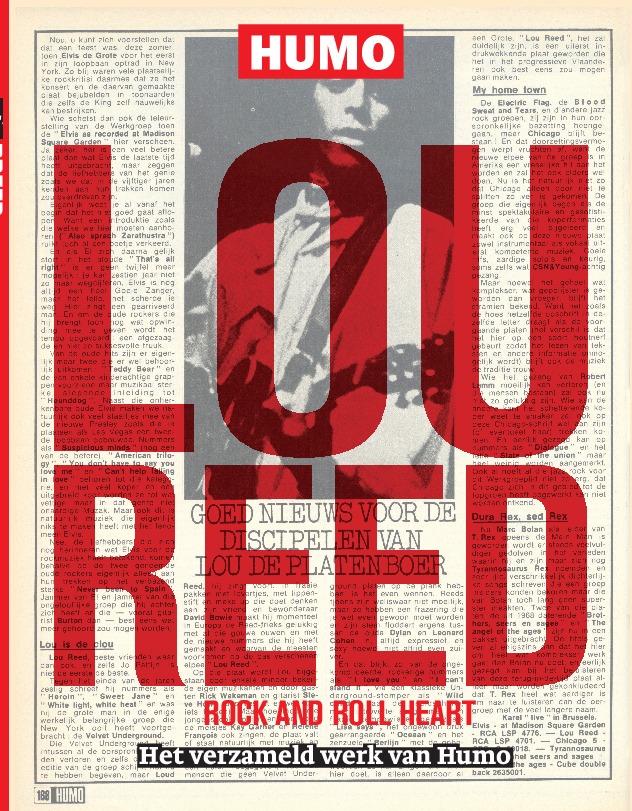


Musically, Reed's work didn't have too much in common with the sonic bombast of the glam scene, but at least it was a place where his eccentricities could find a comfortable home, and on Transformer Bowie and his right-hand man, Mick Ronson, crafted a new sound for Reed that was better fitting (and more commercially astute) than the ambivalent tone of his first solo album. It was produced by David Bowie and Mick Ronson and was ranked number 194 on Rolling Stone magazine's list of the 500 greatest albums of all time.ĭavid Bowie has never been shy about acknowledging his influences, and since the boho decadence and sexual ambiguity of the Velvet Underground's music had a major impact on Bowie's work, it was only fitting that as Ziggy Stardust mania was reaching its peak, Bowie would offer Lou Reed some much needed help with his career, which was stuck in neutral after his first solo album came and went. Released in 1972, Transformer is Lou Reed's second studio album. On its own terms, Lou Reed isn't a bad album, but it isn't a terribly interesting one either, and since superior performances of most of these songs are available elsewhere, it stands today more as a historical curiosity than anything else.įLAC (tracks) 24-bit/96 kHz | Time - 37:05 minutes | 809 MB

Lou also didn't appear to have done much songwriting since he left the Velvets in 1970 with the exception of the hilariously catty "Wild Child" and "Berlin," a song Reed would revisit a few years later, nearly every significant song on Lou Reed dated back to his tenure with the Velvet Underground, though it would be years before that band's recordings of "I Can't Stand It," "Lisa Says," or "Ocean" would surface.

It would be years before the cult of the Velvet Underground became big enough to mean anything commercially, leaving Lou pretty much back where he started from in the public eye after five years of hard work, and he seemed to be searching for a different musical direction on this set without quite deciding what it would be while the best tunes are admirably lean, no-frills rock & roll, there are also several featuring tricked-up arrangements that don't suit the material terribly well (at no other time in history would anyone believe that Steve Howe and Rick Wakeman would be a good choice as backing musicians for the guy who wrote "Sister Ray"). Nearly 30 years after it came out, Lou Reed's solo debut suggests that neither Reed nor his new record company were quite sure about what to do with him in 1972. With increasing interest in the Velvet Underground, Reed's debut album was highly anticipated, but the result was a commercial and critical disappointment, peaking at only number 189 on the Billboard 200.
#Lou reed transformer zip download plus#
The album comprises eight new recordings of then-unreleased Velvet Underground songs, plus two new songs, "Going Down" and "Berlin" (the latter was re-recorded by Reed as the title track for his 1973 album Berlin). It was released in 1972 by RCA Records two years after he left The Velvet Underground. Lou Reed's eponymous debut solo album was released in 1972 and produced by Richard Robinson.
#Lou reed transformer zip download download#
Studio Master, Official Digital Download | Artwork: Front cover


 0 kommentar(er)
0 kommentar(er)
